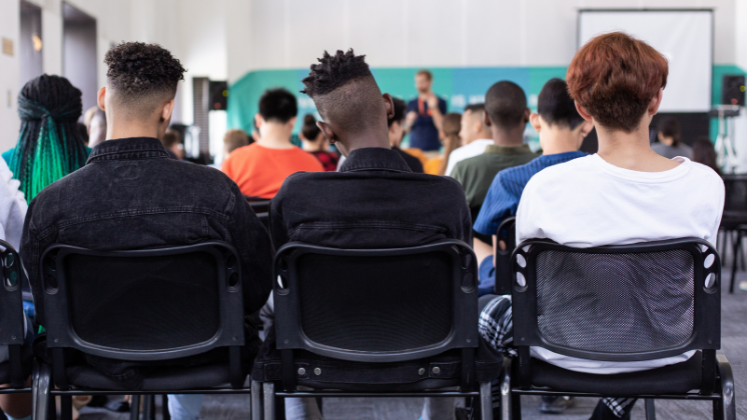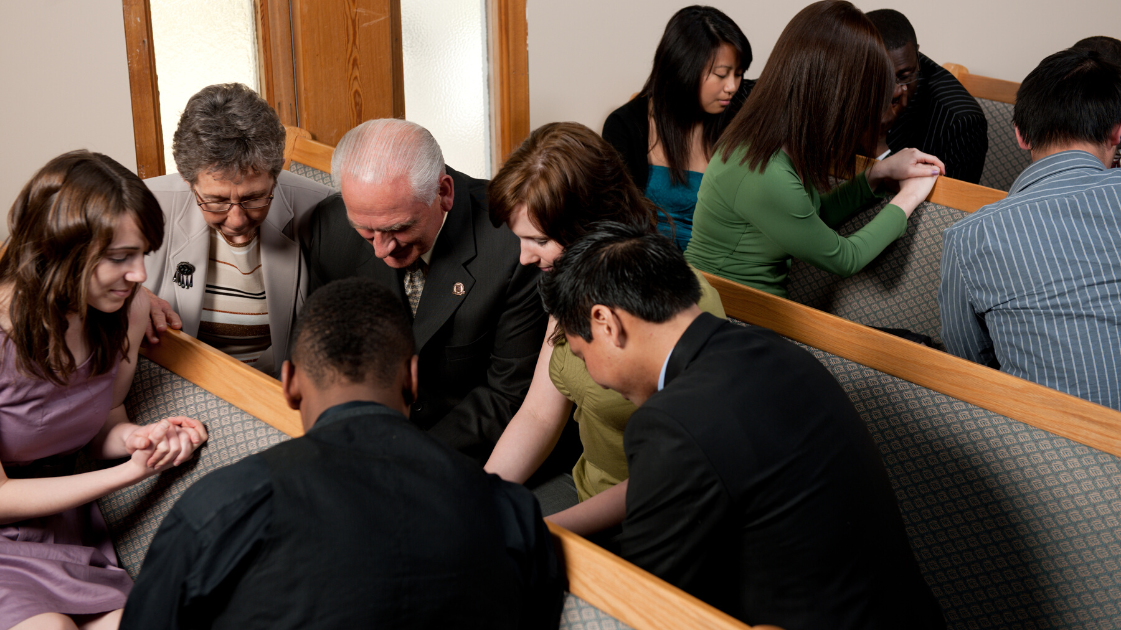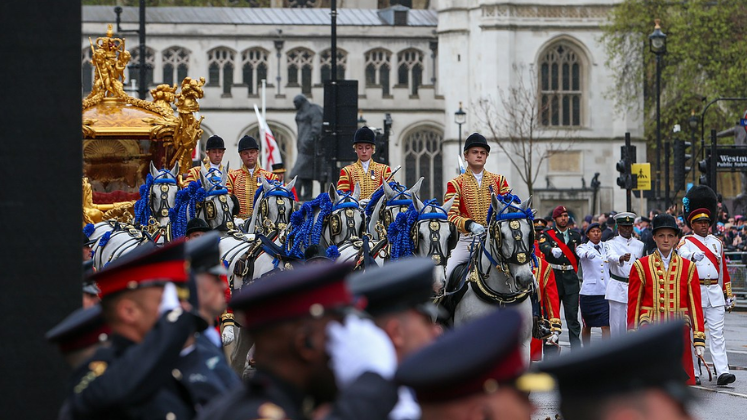How do students experience religious difference, and what can universities do to build positive encounters between people of different religions and worldviews? In this article, researchers at Coventry University’s Centre for Trust, Peace and Social Relations share some insights from their recent report.

This week, we published the report Building Student Relationships across Religion and Worldview Difference. Inspired by the pioneering US study Interfaith Diversity Experiences and Attitudes Longitudinal Survey (IDEALS) [i], we surveyed over 8,000 students over two years (2021 and 2022). Our study explored students’ views about, and experiences of, worldview diversity on university campuses. The goal was to discover how universities can help students relate well to those with different beliefs. So why did we do the research?
Why is this research important?
The ability to relate to people of different beliefs and backgrounds, at university and afterwards at work and in wider society, is essential for the circa 2.8 million students studying in UK higher education. Being able to relate to others and resolve conflicts enables social cohesion and social progress at individual, group and institutional levels.
Ensuring equality of provision for, and stopping discrimination or harassment of, students who have particular beliefs is a legal and moral obligation for Higher Education Institutions (HEIs). Yet the provision and quality of faith support, the opportunity to relate to those of different beliefs and how positive interfaith relations are fostered varies massively across the sector. Research can show us how to maximise opportunities for students to build relationships across worldview differences.
Despite their egalitarian reputation, universities are often sites of prejudice, with students facing discrimination based on socio-economic background, ethnicity, disability and religion. Although most students with a particular religion or belief have a positive university experience, a significant minority do not. The Equality Challenge Unit found 6% of students felt discriminated against or harassed because of their religion or beliefs; this figure was higher for Jewish students (27%), Sikhs (17%) and Muslims (14%).
One-fifth of 925 Jewish students surveyed by the Institute for Jewish Policy Research said they had been subjected to antisemitism that academic year, and a further third had witnessed an anti-Semitic incident on campus. The Community Security Trust recently reported a 22% increase in on-campus antisemitic incidents compared to two years previously; most were online and spiked when the Israel-Palestine conflict escalated. Universities can also be slow to deal with complaints. In 2017, the National Union of Students (NUS) surveyed 578 Muslim students in further education (FE) and higher education (HE): a third had experienced abuse or crime at their institution, with one in five subjected to verbal abuse. While most students do not experience religion or belief-related harassment, fear of harassment affects the broader student population. According to a 2012 NUS survey of 9,229 FE and HE students, fear of abuse led one fifth of students to alter their behaviour or appearance, with proportions highest amongst Jews, Hindus, Buddhists and Muslims.
Policies intended to level inequalities or protect students from harm or radicalisation can have unintended consequences: the negative impact of the Prevent Duty on young Muslims, who perceive themselves as unfairly targeted and monitored, as well as stigmatised as a ‘suspect community’ during their time at university, is a case in point. Addressing patterns of inclusion and exclusion is not just a matter of mapping and tackling prejudice, but ensuring policy initiatives have a positive impact.
Conflict related to freedom of speech and religious expression is a live issue. Research found students tend to spend the most time with those of the same worldview, and this can hinder opportunities to tackle conflict. Public debates are one of the few contexts in which conflicts can be addressed, but their combative format can damage relations between groups and reinforce stereotypes. Conversely, in some universities, public debate is closed down by student societies determined to ‘no platform’ speakers they deem offensive, reinforcing a perception that freedom of expression is under threat. For many observers, universities struggle to accommodate diverse viewpoints and do not equip students to disagree openly, respectfully and constructively. If positive relations across religion and worldview difference are to be built and maintained, we need to take a closer look at the campus climate at UK universities. This project takes up this challenge.
Results from this project speak directly to the ‘freedom of speech’ versus ‘safe spaces’ question. In HE and society generally, debate is polarised between those advocating freedom of speech, which allows all speakers to argue their case no matter how controversial or offensive, and those advocating safe spaces, which support and protect students’ identities from any speech that might denigrate those identities. Our findings make the case for a combination of both: safe spaces where students are supported, and what we call ‘provocative encounters,’ where students’ beliefs and identities are challenged in ways that enable learning and development.
Switching the lens away from the negative aspects of university life for religious students, our report focuses on promoting good relationships on campus. Which institutional practices and resources help students thrive in a diverse environment? What kinds of university experience, such as housing, the classroom, study, leisure and social participation, make a difference for students? Our findings offer a resource to shape the on-campus work of a range of organisations and individuals, including students and Students’ Unions, university staff and managers, and religious and interfaith organisations on and beyond campus (e.g. chaplains or religious student organisations). We end with 12 recommendations for improving interfaith and inter-worldview relations on campus.
Building Student Relationships across Religion and Worldview Difference was published this week, the study’s findings and recommendations are available at: https://www.coventry.ac.uk/research/research-directories/current-projects/2021/ideals/
[i] IDEALS (Interfaith Diversity Experiences and Attitudes Longitudinal Survey) was a multi-university study led by Matthew Mayhew and Alyssa Rockenbach at The Ohio State University and North Carolina State University, which aimed to cultivate interfaith learning and development among US-based students. Over 20,000 students participated in the study from 122 US colleges and universities between 2015 and 2019. For more information, see https://www.interfaithamerica.org/research/ideals/





